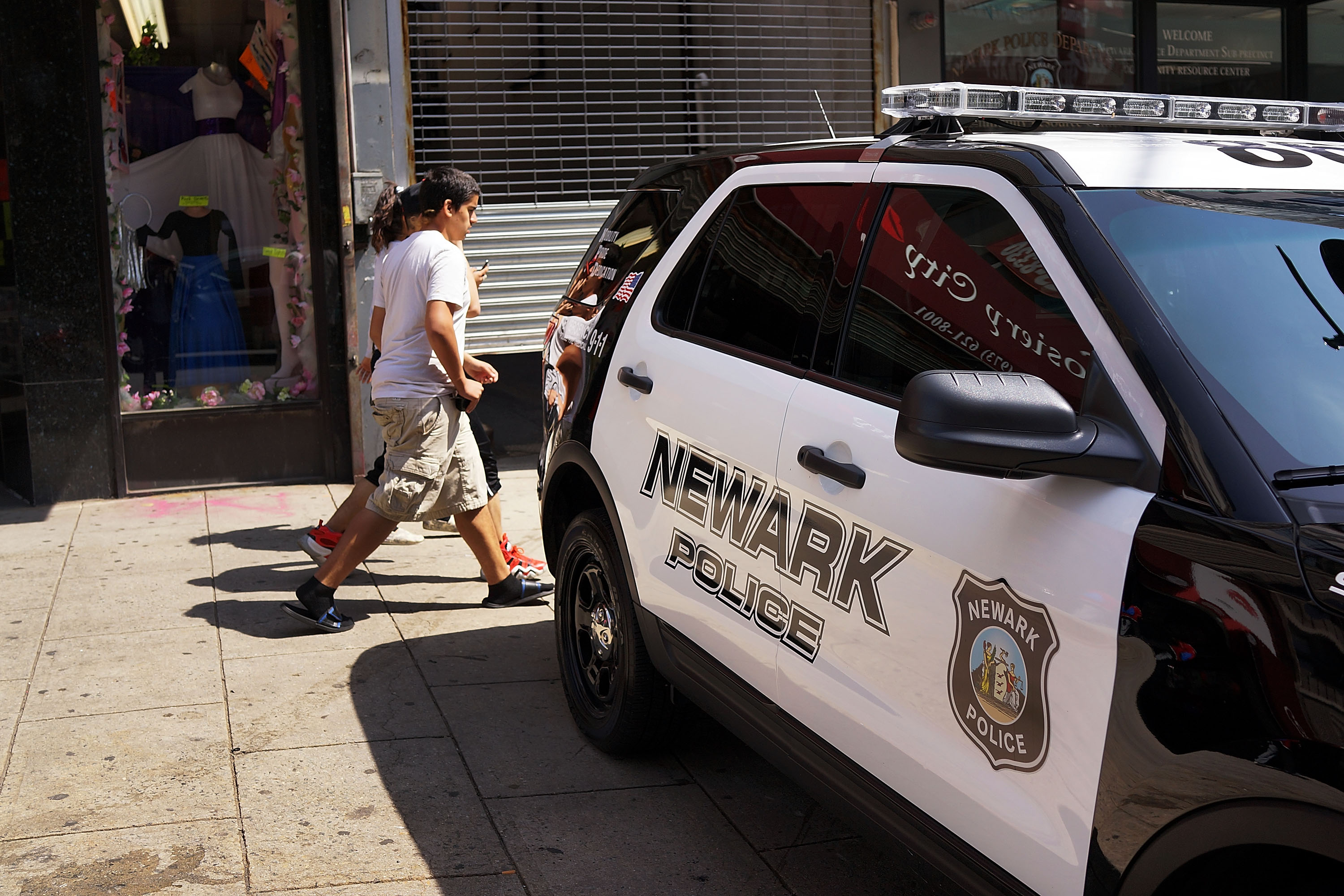What police reform requires
The military mindset must go


A free daily email with the biggest news stories of the day – and the best features from TheWeek.com
You are now subscribed
Your newsletter sign-up was successful
This is the editor’s letter in the current issue of The Week magazine.
The city of Newark, New Jersey, has long served as a symbol of urban decline, poverty, and crime. After the U.S. Justice Department concluded in 2014 that its police department was riddled with racism and brutality, the department hired more Black and Hispanic cops, trained cops on how to avoid violence, and began carefully reviewing every use of force. Bad cops were forced out. In 2020, Newark's 1,100 cops did not fire a single shot, or pay out a cent to settle police brutality cases. And over the past five years, crime has dropped by 40 percent. Police reform isn't quick or easy, but it's possible. It requires minimizing traffic stops, which are tainted by racism and often lead to violence, and ending the "comply or else" standard in police "warrior" training. Perhaps most importantly, says detective Patrick Skinner of the Savannah, Georgia, police, it requires police to live in the community and view citizens as "neighbors" rather than as dangerous enemy combatants in a war zone.
Skinner is a former CIA officer who spent a decade in counterterrorism efforts in Iraq and Afghanistan. He moved back to his hometown to be a cop and was chagrined to find many fellow cops calling the people they police "civilians" — a tip-off to an Us-against-Them mindset. "We have to stop treating people like we're in Fallujah," Skinner says. "It doesn't work." What does work, he and other police reformers say, is for officers to see themselves as respectful public servants who must earn their communities' trust. Skinner says he constantly reminds himself to "slow down," to assess complex situations before acting, to see everyone — even people who commit crimes — as human beings deserving respect. For many police departments, these are radical ideas. But the alternative to reform is 1,000 more police shootings every year, endless rage and protests, and warfare in the streets.
The Week
Escape your echo chamber. Get the facts behind the news, plus analysis from multiple perspectives.

Sign up for The Week's Free Newsletters
From our morning news briefing to a weekly Good News Newsletter, get the best of The Week delivered directly to your inbox.
From our morning news briefing to a weekly Good News Newsletter, get the best of The Week delivered directly to your inbox.
A free daily email with the biggest news stories of the day – and the best features from TheWeek.com
William Falk is editor-in-chief of The Week, and has held that role since the magazine's first issue in 2001. He has previously been a reporter, columnist, and editor at the Gannett Westchester Newspapers and at Newsday, where he was part of two reporting teams that won Pulitzer Prizes.
-
 5 blacked out cartoons about the Epstein file redactions
5 blacked out cartoons about the Epstein file redactionsCartoons Artists take on hidden identities, a censored presidential seal, and more
-
 How Democrats are turning DOJ lemons into partisan lemonade
How Democrats are turning DOJ lemons into partisan lemonadeTODAY’S BIG QUESTION As the Trump administration continues to try — and fail — at indicting its political enemies, Democratic lawmakers have begun seizing the moment for themselves
-
 ICE’s new targets post-Minnesota retreat
ICE’s new targets post-Minnesota retreatIn the Spotlight Several cities are reportedly on ICE’s list for immigration crackdowns
-
 Epstein files topple law CEO, roil UK government
Epstein files topple law CEO, roil UK governmentSpeed Read Peter Mandelson, Britain’s former ambassador to the US, is caught up in the scandal
-
 Iran and US prepare to meet after skirmishes
Iran and US prepare to meet after skirmishesSpeed Read The incident comes amid heightened tensions in the Middle East
-
 Israel retrieves final hostage’s body from Gaza
Israel retrieves final hostage’s body from GazaSpeed Read The 24-year-old police officer was killed during the initial Hamas attack
-
 China’s Xi targets top general in growing purge
China’s Xi targets top general in growing purgeSpeed Read Zhang Youxia is being investigated over ‘grave violations’ of the law
-
 Panama and Canada are negotiating over a crucial copper mine
Panama and Canada are negotiating over a crucial copper mineIn the Spotlight Panama is set to make a final decision on the mine this summer
-
 Why Greenland’s natural resources are nearly impossible to mine
Why Greenland’s natural resources are nearly impossible to mineThe Explainer The country’s natural landscape makes the task extremely difficult
-
 Iran cuts internet as protests escalate
Iran cuts internet as protests escalateSpeed Reada Government buildings across the country have been set on fire
-
 US nabs ‘shadow’ tanker claimed by Russia
US nabs ‘shadow’ tanker claimed by RussiaSpeed Read The ship was one of two vessels seized by the US military
